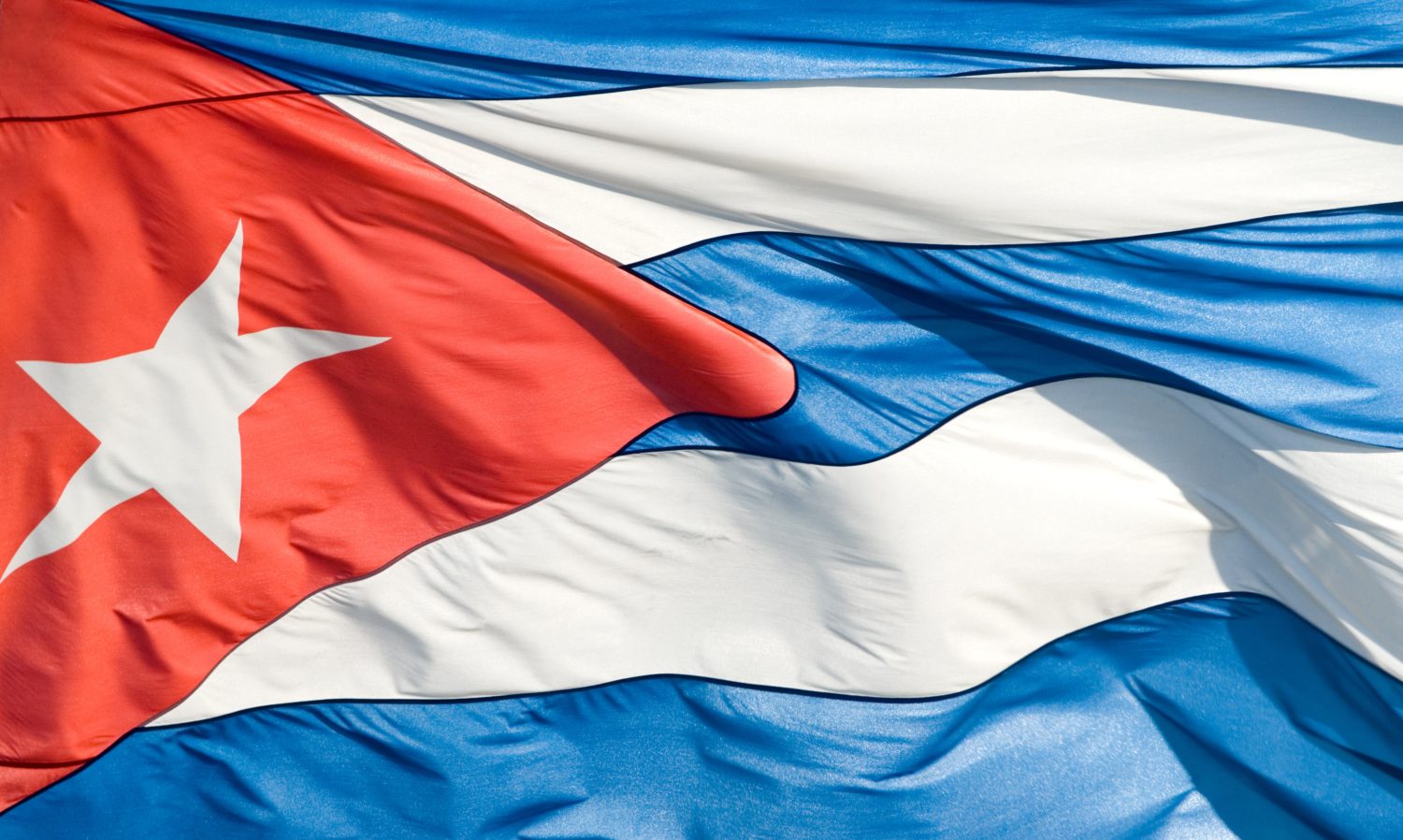
Some Aspects to Consider Regarding Industrial Property in Cuba
*First published by Marcasur on May 11, 2017
Although the first regulation of Intellectual Property aspects in Cuba dates from 1833, the eyes of many companies are beginning to focus on the Caribbean country as of December 2014, with the announcement of the then President of the United States, Barack Obama, of the beginning of the process of restoring diplomatic relations between the two countries after more than 50 years.
This process, in addition to issues such as the opening of embassies in Havana and Washington, also included the relaxation of some of the economic sanctions corresponding to the commercial, economic and financial blockade imposed by the United States in response to the expropriation policy of the Cuban revolution of interests of US companies and citizens. These measures allowed inter alia the investment by telecommunications companies and Internet providers in Cuba, regularization of tourism, including commercial and hotel flights, as well as the possibility of remitting money from the United States.
With the expectation created by these measures, and with a view to a possible opening to a market economy by Cuba, at least in a controlled manner as in the case of China, many companies begin to include the island as part of their territories of interest, at least from the point of view of Intellectual Property, whether to be prepared when the opportunity arises to market their products or services in Cuba, or to avoid unauthorized exploitation by third parties of their intangible assets.
In a recent case, it was learned that a Cuban-born lawyer residing in the United States had filed in 2015 before the Cuban Intellectual Property Office (OCPI) a total of 65 trademark applications, all of them well known in his country of residence, among others: NFL, John Deere, Pixar, Chase and JetBlue.
The expectation of new business opportunities has shown itself in the figures of trademark prosecution in Cuba, mainly by US holders:

It is worth noting that the economic sanctions imposed on Cuba by the United States, include a general authorization to its nationals, for the purposes of protection of Intellectual Property assets on the island. Therefore, any US individual or entity wishing to protect intellectual property assets in Cuba can do so without the need of a “Specific License” from the Office of Foreign Assets Control of the US Department of the Treasury (OFAC).
In the context of these recent changes, and although its permanence in time is at least uncertain after the inauguration of the new US administration, it is worth highlighting some aspects related to Industrial Property in Cuba.
As an effective mechanism for attracting international investment to the aforementioned blockade by the US, Cuba has traditionally been a particularly active member since its accession in 1975 to the World Intellectual Property Organization (WIPO). Currently, Cuba is a signatory, among other international treaties administered by WIPO, to the Patent Cooperation Treaty (PCT), the Lisbon Agreement, the Paris Convention, the Madrid Agreement and Protocol, the Budapest Treaty and the Nice Agreement. Cuba is also a party to the World Trade Organization, and therefore, the Agreement on Trade-Related Aspects of Intellectual Property Rights (TRIPS) is mandatory.
It is a country that applies the first to file principle, except for the exceptions provided for in international treaties, mainly the regarding the international priority. For purposes of trademark registration in Cuba, they can be requested either through a national application, or through an application for international trademark registration according to the Madrid system.
One of the most controversial aspects for the US holders of distinctive signs is the effective use of trademarks and trade restrictions established in the aforementioned sanctions.
Article 53.1 of Decree-Law No. 203 on Trademarks and other Distinctive Signs provides the definition of effective use of a trademark in Cuba: “…when the products or services distinguished by such trademark have been placed in commerce through distribution channels and commercial circuits or are available for the end consumer within the national territory…”
Like other Civil-Law countries in Latin America, Cuba has a cancellation action for lack of use, when the brand has not been effectively used for a consecutive period of 3 years, with the particularity that not only comes upon request of an interested party, but also ex officio. As in other jurisdictions, the burden of proof is reversed, so the registration holder is the one who must prove effective use in Cuba.
Article 66 of Decree-Law No. 203 provides that “The cancellation of a trademark will not be declared where the lack of use is lawfully justified, which will be appreciated by the Office, ex officio or by request of a party, upon hearing the owner’s opinion.” Given the legal impossibility for US holders to be able to perform acts of commerce in Cuba, and as such, to make effective use of a trademark, it has been considered that this situation could match the provision of Article 66, and as such, result in a defense against a possible cancellation due to lack of use.
However, through Ruling 1039 of November 9, 2007, the Civil and Administrative Chamber of the People’s Supreme Court of Cuba, when deciding an appeal filed by 3M against the cancellation of the 3M brand and design, clarified that the economic sanctions imposed by the US in no case would have extraterritorial nature, and as such, does not constitute a legal excuse for the effects of not making effective use of the brand in Cuba.
The Court expressly stated that “…alleging in this sense that it is mandatory for him to comply with the legal provisions adopted in the country of his nationality, including those relating to the blockade imposed for many years and considered as a nonsense, condemnable and condemned by the international community, as well as inconsistent both politically and commercially with Private International Law. (…) however, it is necessary to clarify that using the compliance with such prohibition as an excuse would in some way validate the extraterritorial nature of said legal provisions, since it would amount to tacitly admitting its incidence in the application of the legislation in force in our country, specifically in connection with the provision of article 66 of Decree-Law 203 and the direct exercise of jurisdiction that this implies, which in principle is absolutely excluded from our legal work.”
Consequently, even if the protection of intangible assets in Cuba is extremely convenient, especially in view of the reopening of diplomatic and economic relations with the United States and the possibility that third parties may seek to obtain economic benefits through unauthorized registration of famous brands, the truth is that US holders will be vulnerable to cancellations due to lack of use, given the current impossibility, in most industrial and service sectors, to carry out acts of trade in Cuba, at least while sanctions are still in place.
Therefore, we will have to wait for a judicial ruling on the possibility of cancellation due to lack of use of well-known trademarks in accordance with the provisions of the TRIPS Agreement and the Paris Convention, which provisions are incorporated in Article 17.1 of Decree-Law 203, in addition to the provisions of the General Inter-American Convention For Trade Mark And Commercial Protection, also known as the Pan-American Convention of Washington.







